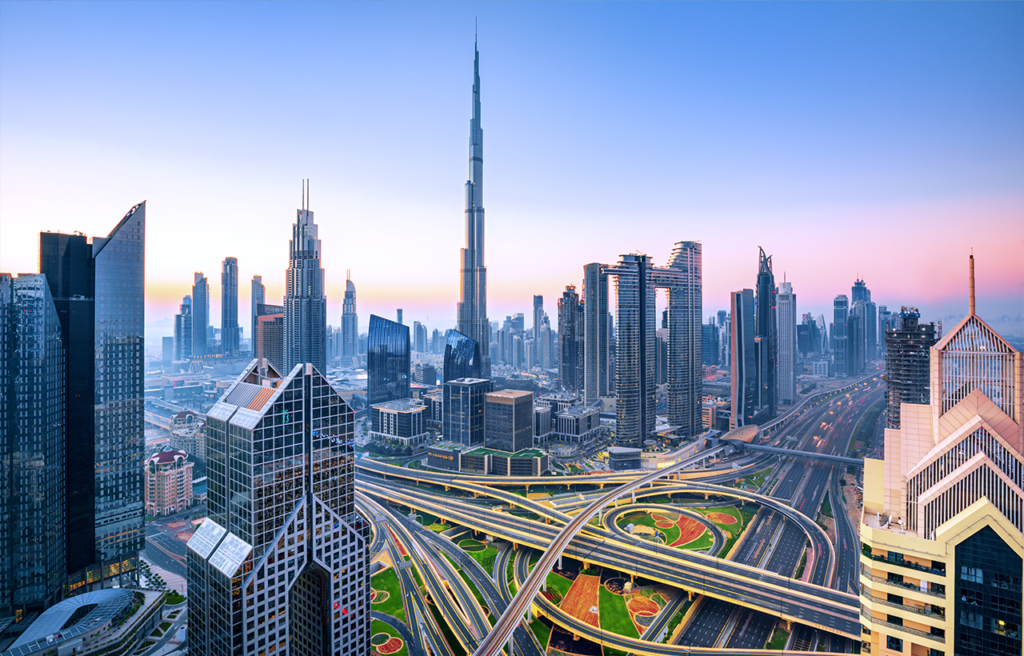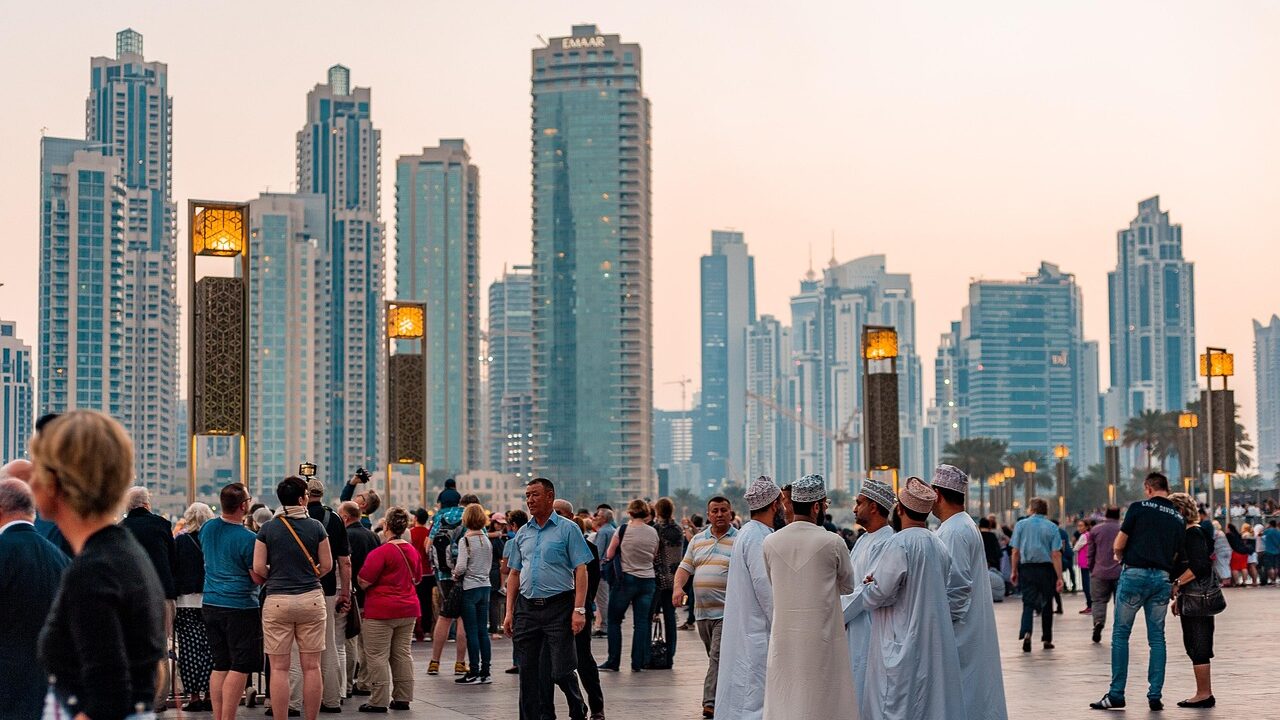Why Dubai Remains the Business Capital of the Middle East
In the heart of the Gulf region, Dubai remains the business capital of the Middle East, a title it has held firmly for more than two decades. From being a humble fishing village to becoming a futuristic economic powerhouse, Dubai has rewritten the rules of modern commerce. Despite challenges, competition from neighboring cities, and global economic shifts, it continues to lead the region in trade, finance, tourism, and innovation.
So, why does Dubai still hold the crown as the Middle East’s business capital? Let’s explore 7 powerful reasons.
1. Strategic Geographic Location
A Global Crossroad Between East and West

Dubai sits at a strategic crossroads between Europe, Asia, and Africa, making it a natural hub for trade and travel. Flights from Dubai can reach most global cities within 8 hours. This accessibility has made it a top choice for international business headquarters, logistics companies, and global summits.
2. Tax Benefits and Business-Friendly Policies
Zero Income Tax and Free Zones Attract Global Investors
Dubai’s pro-business environment is one of its strongest pillars. The city offers:
- Zero personal and corporate income tax (for most businesses)
- Over 30 free zones offering full foreign ownership
- Streamlined visa and license processes
- Business setup in as little as 3–5 days
This has lured startups, tech giants, and global conglomerates alike.
3. World-Class Infrastructure
State-of-the-Art Buildings, Roads, and Ports
Dubai has invested billions into world-class infrastructure:
- Burj Khalifa and Dubai Mall show architectural prowess
- Jebel Ali Port is the largest man-made harbor in the world
- Dubai International Airport (DXB) is among the busiest globally
These assets provide unmatched convenience for logistics, meetings, and lifestyle.
4. Thriving Tourism and Hospitality Sector
A Magnet for High-Value Visitors and Events
Dubai is more than a business city — it’s a global tourism hotspot. The tourism and hospitality sectors contribute significantly to its GDP. Dubai hosted over 17 million international tourists in 2023, and the number keeps rising.
With luxury hotels, desert safaris, global expos, and trade fairs like GITEX and Arabian Travel Market, business travelers find leisure and opportunity seamlessly blended.
5. Diverse and Talented Workforce
Multicultural Talent Pool with Global Skills
Over 85% of Dubai’s population is expatriates, which creates a dynamic and multicultural workforce. You’ll find:
- English as the common business language
- A young, skilled population ready to work across industries
- Talent from India, the UK, USA, Philippines, and more
Dubai is also investing in AI, tech, and digital upskilling programs to future-proof its human capital.
6. Commitment to Innovation and Smart Governance
A City Built for the Future
Dubai’s leadership embraces innovation like few others in the region. Initiatives include:
- Dubai Smart City Project
- Dubai Blockchain Strategy
- Launch of Dubai AI & Web3 Campus
The government also uses digital solutions for everything — from applying for licenses to paying fines. This seamless governance makes doing business easier and more efficient.
7. Political Stability and Safety
A Safe Haven in a Volatile Region
One of Dubai’s most underrated assets is its stability. While parts of the Middle East face political or economic unrest, Dubai remains peaceful, modern, and safe.
This has earned it the trust of:
- Global banks and financial institutions
- Multinational corporations (MNCs)
- High-net-worth individuals (HNWIs) seeking stable investments
Bonus: Visionary Leadership and Mega Events
From Expo 2020 to COP28
Dubai’s leadership never stops aiming higher. The success of Expo 2020, now converted into a smart city called Expo City Dubai, shows the Emirate’s ability to turn global events into long-term assets.
Dubai also hosted COP28 in 2023, strengthening its position on the global sustainability map.
Key Industries That Drive Dubai’s Business Scene
Finance, Real Estate, Technology, and More
Dubai has diversified far beyond oil. Today, its economy thrives on:
- Finance and Banking (with Dubai International Financial Centre)
- Real Estate and Construction
- Retail and E-commerce
- Tourism and Aviation
- Technology and Startups
In fact, Dubai is home to over 1000 tech startups, many funded through government-supported incubators like Dubai Future Foundation and in5 Tech Hub.
Challenges Dubai Faces
But Competition Is Rising
Despite all these strengths, Dubai faces growing competition from cities like:
- Riyadh (Saudi Arabia) – New economic initiatives under Vision 2030
- Doha (Qatar) – Gaining popularity post-FIFA World Cup 2022
- Abu Dhabi (UAE) – Rising as an alternative financial center
However, Dubai’s early start, infrastructure, and global reputation keep it ahead — for now.
Conclusion: The Crown Still Fits
Dubai remains the business capital of the Middle East due to a combination of location, vision, ease of doing business, innovation, and safety. Its leadership continues to raise the bar, aiming to be not just a regional hub, but a global leader in trade, tech, and innovation.
For companies, investors, and entrepreneurs looking to enter the Middle East — Dubai is still the place to be.
read more- Kuwait Strips Citizenship from Thousands Amid New Emir’s Reforms



